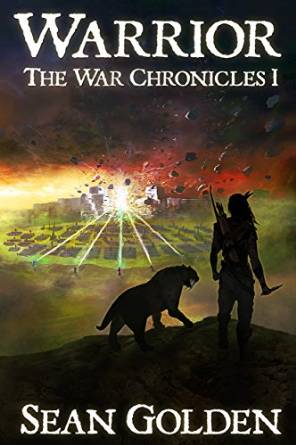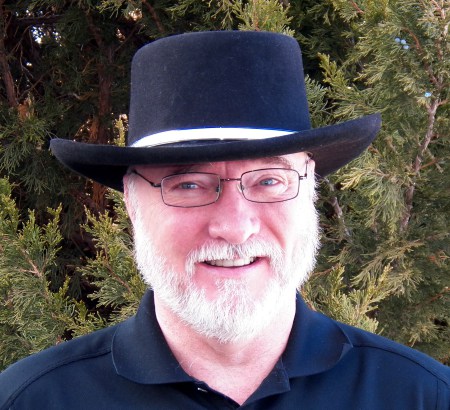A Guest Post by Sean Golden
 “Hey! I hear you wrote a book. What kind is it?”
“Hey! I hear you wrote a book. What kind is it?”
“It’s an action-filled story with interesting characters and devious plot twists.”
“No, man, I mean what genre is it?”
“Oh… well, it doesn’t really…”
“Is it fantasy?”
“Yeah, epic fantasy… I guess.”
“Oh, I love books with spells and elves and swordfights!”
“Oh, actually, it doesn’t have any of that.”
“But you said it was epic fantasy, man!”
I can’t tell you how many times I have had that, or some variation of that, conversation since publishing the first two books of my epic fantasy series, “The War Chronicles.” In fact, the two publishing houses I submitted it to both identified its lack of a clear genre designation as the reason, or a major reason, they decided not to publish it. In effect they said “If it doesn’t fit genre expectations, it won’t sell.”
I would call that the biggest genre misconception. I believe a great story, written well and properly edited, will find readers. In fact, it is frequently the genre-bending books I’ve read that have the most lasting impact on me. Many books that are now considered hallmarks of their genre, were genre-benders in their own day. Tolkien’s elves, deep world building and epic scope essentially created the genre people think of as “epic fantasy” today.
Recently one of my writer friends asked if their story had strayed too far from the genre expectations of the general fantasy reader. I said “You’re asking the wrong guy. My epic fantasy novel is set in a stone age culture where the main character is a flint-knapper and there isn’t a spell in the entire series.” And that story, self-published and practically un-promoted, sold enough to qualify for an SFWA membership.
The second biggest genre misconception that I see is the idea that genre distinctions are accurate. If you go into any library, you will find “Star Wars” in the science fiction section. But the Star Wars story is at least as much, if not more, fantasy than sci-fi. In fact, it has virtually every major classic fantasy element. Mysterious magic wielders in robes? Check. Magical swords of awesome power? Bingo. Conflict between “light” and “dark” sides of some universal, guiding, supernatural “Force?” No kidding. A young protagonist unaware of their uniquely awesome powers? In spades.
Which brings me to my last genre misconception. And that is the idea that a writer should write to a genre, instead of just writing the story they have inside them. That approach, in my opinion, is a major reason that people lose steam and end up not finishing manuscripts. Instead of listening to their inner muse and following the story where it goes, they worry about genre expectations and try to “check off the boxes” to ensure that they cover the genre they want. That approach can make writing feel restrictive and take the joy out of the endeavor.
My advice is to write the story inside you, and not worry about genre definitions, expectations or guidelines. That will help you stay excited and focused on the story, and no story will ever get published, if it doesn’t get finished.
Sean Golden is many different things. Father, husband, writer, programmer, project manager, gamer, crafter,fisherman, amateur astronomer and too many other things to bore you with. He took a year off from the grind of corporate cubicle farms to write “Warrior” and “Warlock,” both available on Amazon.com. The third book in the series, “Warlord” is in the final stages of writing now. Sean has a BS in physics from Louisiana State University and had the second highest rated rogue on his World of Warcraft server after taking down the Lich King, and then retiring from raiding.
Read more from Sean Golden at Www.seandgolden.com

